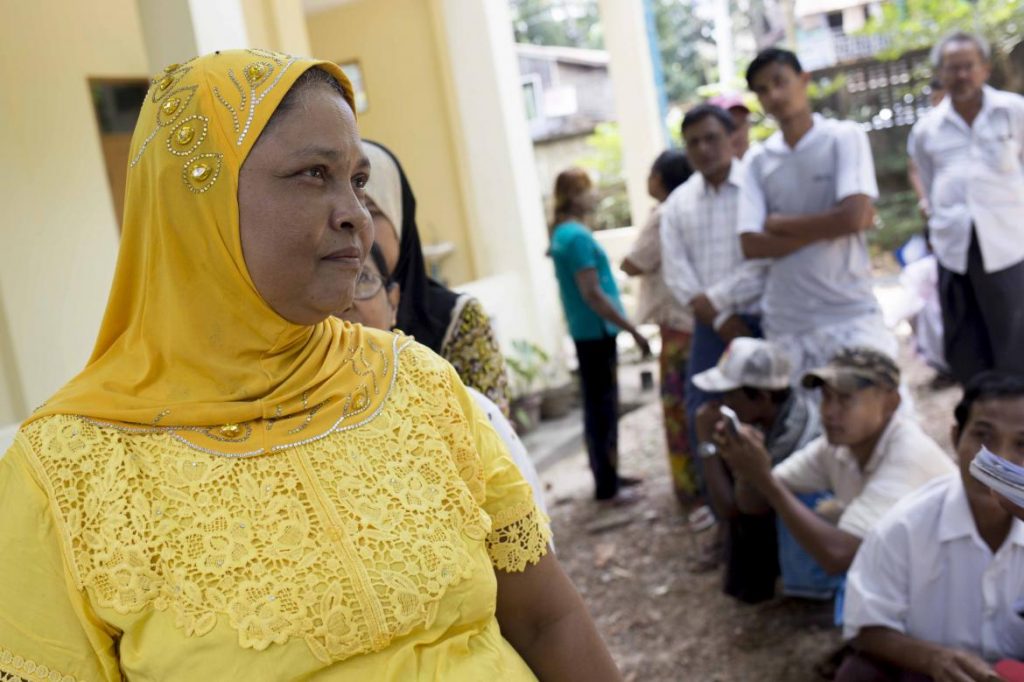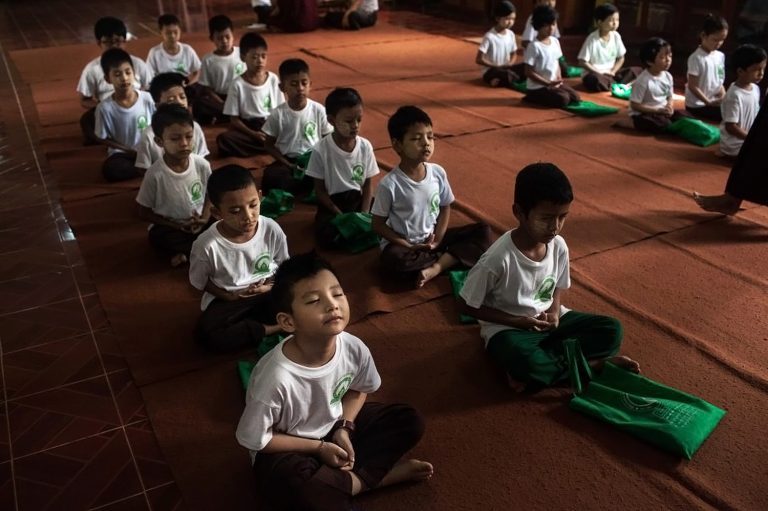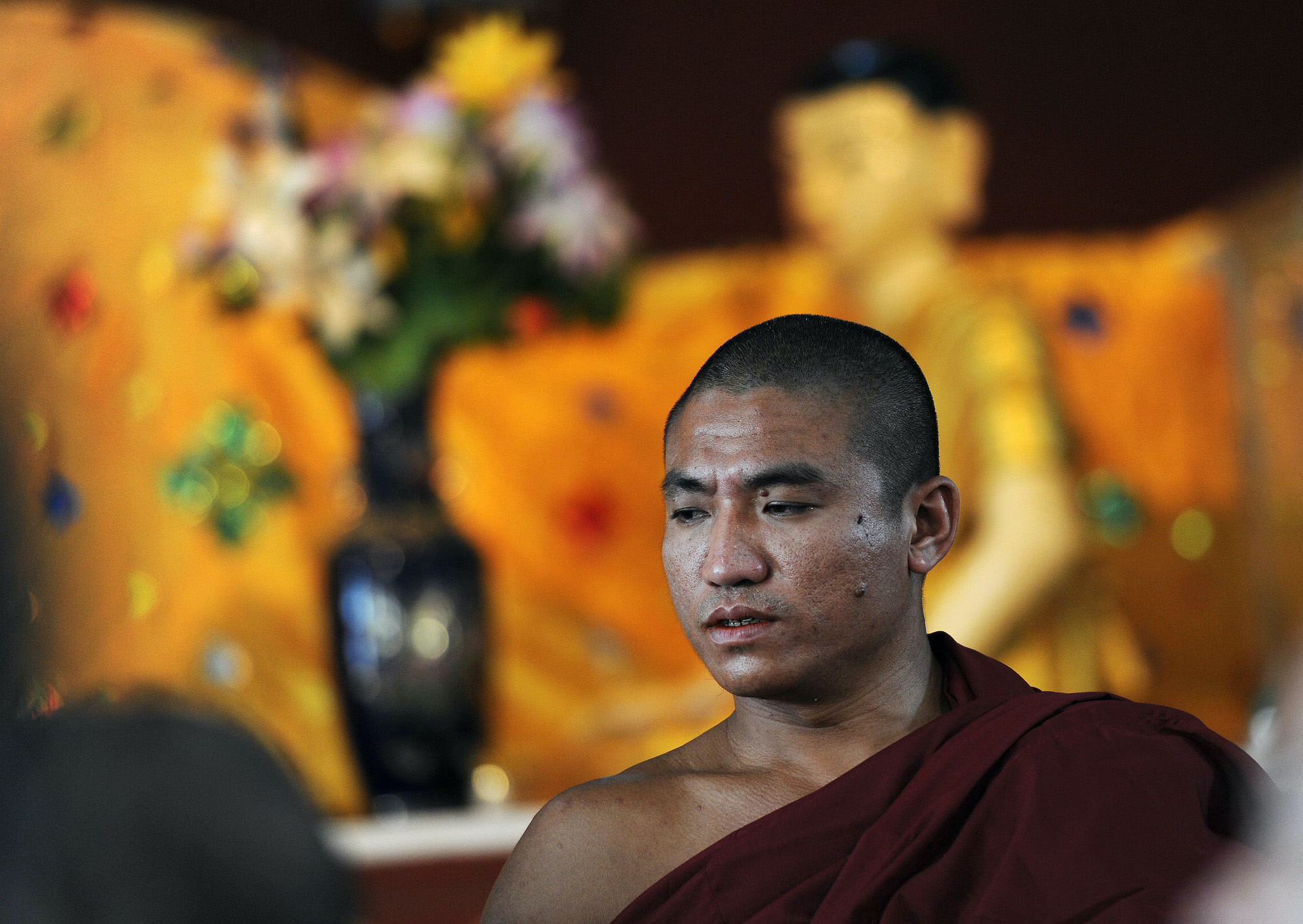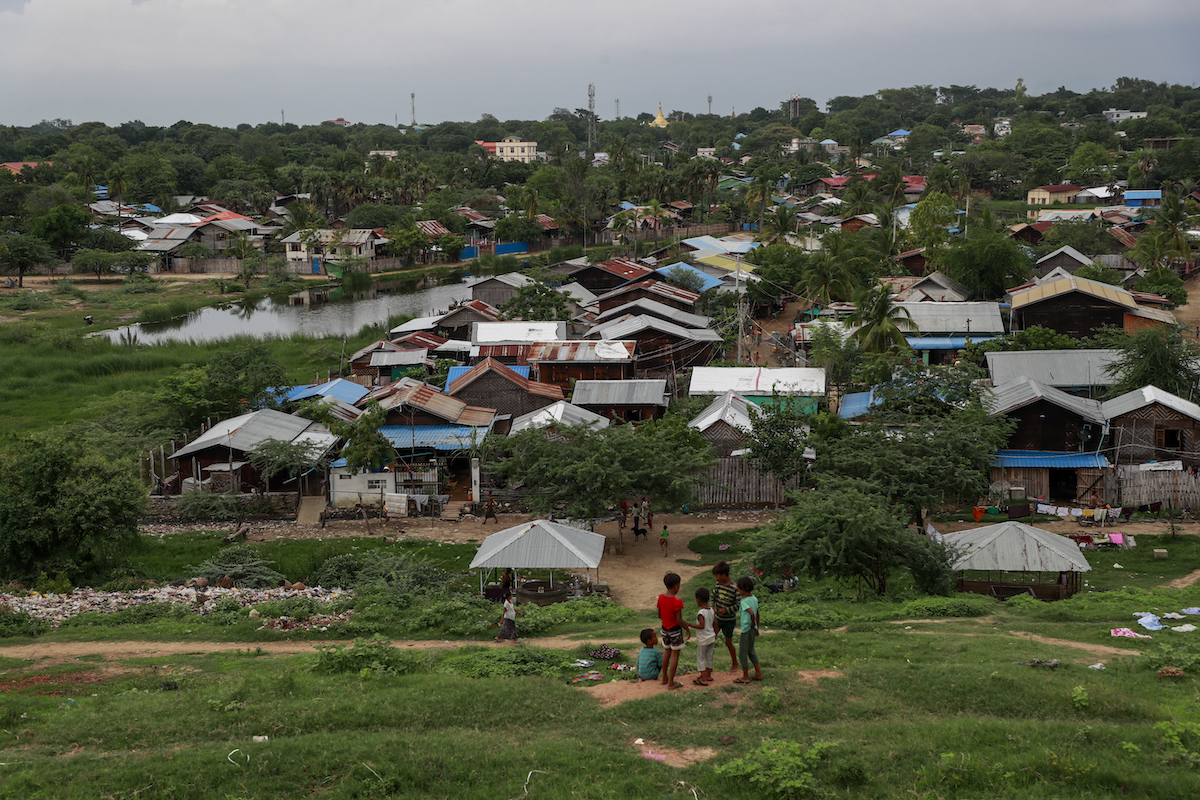The ostensible target of the Monogamy Law is Muslim men with more than one wife, but the application of the law is having consequences for Buddhist men who are unfaithful to their wives.
The Monogamy Law is one of the four race and religion laws whose passage through parliament was recently celebrated at events held throughout the country by the Association for the Protection of Race and Religion, known in Myanmar as Ma Ba Tha.
The Monogamy Law was enacted on August 31, and states under Section 13 that a married man or woman is deemed to have committed a “family crime” if they marry another person. The maximum penalty for breaching the law is seven years’ imprisonment.
Since the law was enacted, about 20 complaints have been filed at police stations throughout the country. I would like to discuss the implications of the law, which seems to be producing consequences unintended by those involved in drafting the legislation.
The first reported case under the law attracted considerable media attention. It was brought against a married Muslim masonry worker at Wakema in Ayeyarwady Region who was accused of having an affair with a Buddhist woman. He was reported to have been arrested and charged in mid-September.
There was another case at Tachilek in Shan State. A couple separated after a quarrel and the wife went to live with her parents. The husband began cohabitating with another woman and the case was reported to the authorities. The husband was arrested under Section 13 and held without bail.
Support more independent journalism like this. Sign up to be a Frontier member.
Yet another case was reported in Yangon’s Dagon Seikkan Township. A couple married with the approval of their parents, but the wife suspected that her husband was having an affair. She followed him secretly and caught her husband and his lover together in bushes beside the road. The wife filed a Section 13 case against her husband with the police.
Suspects detained under the Monogamy Law are not eligible for bail. Cases under Section 13 can be brought by anyone. Some of the plaintiffs have been relatives of the couple. Police records show that some suspects have absconded. They show that those facing charges include people from different social backgrounds, ranging from the poor to members of wealthy families living in expensive areas in Yangon such as Golden Valley, Windermere and Inya Road. Suspects can expect to face lengthy trials. The longer the trials last, the more stressful they are likely to be for the husband and wife and members of their families.
Convictions under Section 13 are not in the interests of any of the three parties involved in such cases. If children are involved, they may suffer lasting psychological damage. U Wimala Biwuntha, a leading monk affiliated with Ma Ba Tha from Mawlamyine, has expressed concern about the unintended consequences of the Monogamy Law. It was has been hitting the wrong targets, he said, citing a Myanmar saying about setting a trap for a hare, but catching a cat.
The authorities needed to be careful in bringing cases under Section 13, he said. It was an apparent acknowledgement that although the law was enacted to target Muslim men who take more than one wife, it was being used against Buddhist men who are committing bigamy.
Many unintended consequences may arise because of this Monogamy Law.







